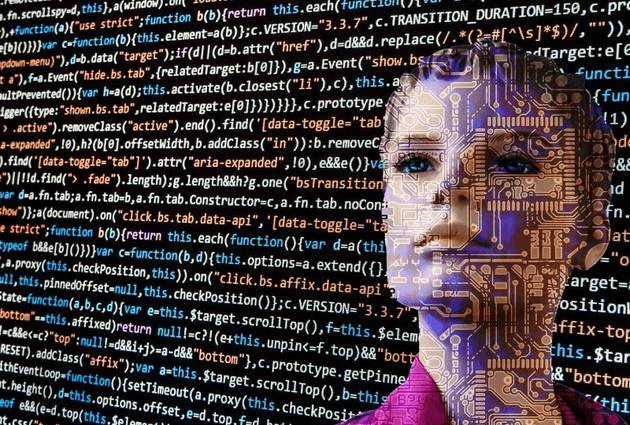Introduction:
In today's fast-paced and interconnected world, technology plays an integral role in our daily lives. From smartphones and social media to artificial intelligence and automation, technological advancements have transformed the way we communicate, work, and live. However, as technology continues to evolve at an unprecedented pace, it also raises important ethical questions and dilemmas. The moral implications of technology are far-reaching, and society must grapple with the challenges they pose. This blog aims to explore the ethics of technology, shedding light on key concerns and providing insights on navigating this complex landscape.
Privacy and Data Protection:
One of the foremost ethical concerns surrounding technology is the issue of privacy and data protection. In the digital age, we generate an enormous amount of personal data that is collected, analyzed, and often shared by technology companies. From targeted advertising to data breaches, the misuse and mishandling of personal information pose significant ethical dilemmas. Striking a balance between innovation and preserving individual privacy rights is crucial, and regulatory frameworks and responsible data practices must be established to address these concerns.
Artificial Intelligence and Automation:
The rise of artificial intelligence (AI) and automation has revolutionized numerous industries, offering improved efficiency and convenience. However, ethical questions arise when AI systems make decisions that impact human lives. The potential for biases, discrimination, and unintended consequences must be carefully considered. Transparent and accountable AI algorithms, along with comprehensive guidelines and regulations, are essential to ensure that technology serves the common good and upholds ethical standards.
Displacement of Workforce:
Technological advancements have disrupted traditional employment patterns, raising concerns about job displacement and economic inequality. As automation replaces human labor in various sectors, the ethical implications of unemployment and economic disparity come to the forefront. A proactive approach is needed to address these challenges, including retraining and reskilling programs, promoting job creation in emerging fields, and fostering a fair transition for affected individuals.
Digital Divide and Access to Technology:
In an increasingly digital world, the issue of the digital divide becomes a matter of ethical importance. Unequal access to technology creates disparities in education, information, and opportunities. Bridging the digital divide requires concerted efforts to ensure equitable access to technology, particularly for marginalized communities and developing regions. Investing in infrastructure, improving digital literacy programs, and promoting inclusive policies are crucial steps toward a more equitable society.
Conclusion:
The rapid advancement of technology brings about significant benefits, but it also presents complex ethical challenges. Privacy and data protection, the rise of AI and automation, displacement of the workforce, and the digital divide all require careful consideration and responsible action. To navigate the moral implications of technology, a multidisciplinary approach involving policymakers, technologists, ethicists, and society at large is essential. By actively engaging in discussions, developing robust regulatory frameworks, and prioritizing ethical considerations, we can ensure that technology aligns with our shared values and contributes to a more inclusive and sustainable future.
